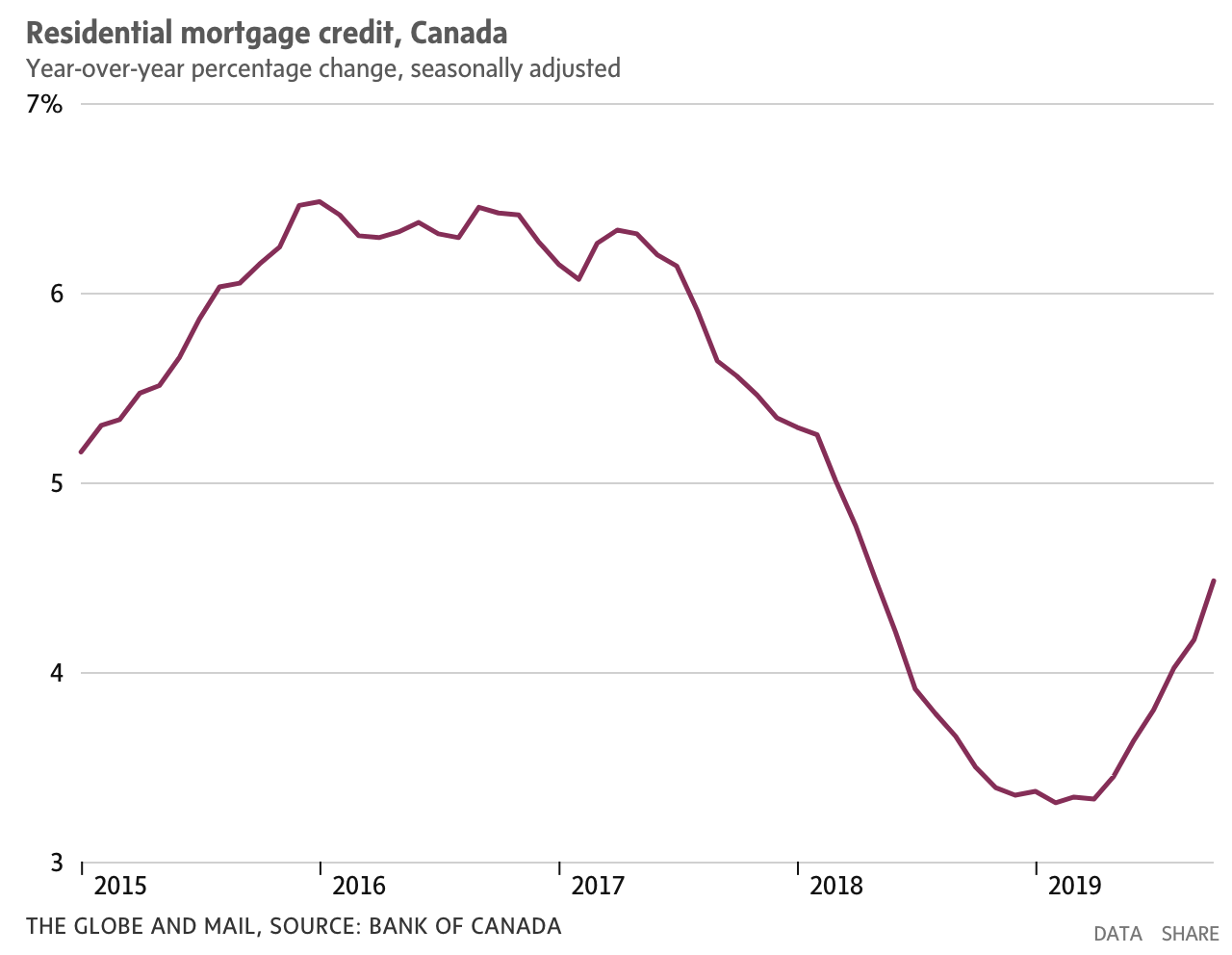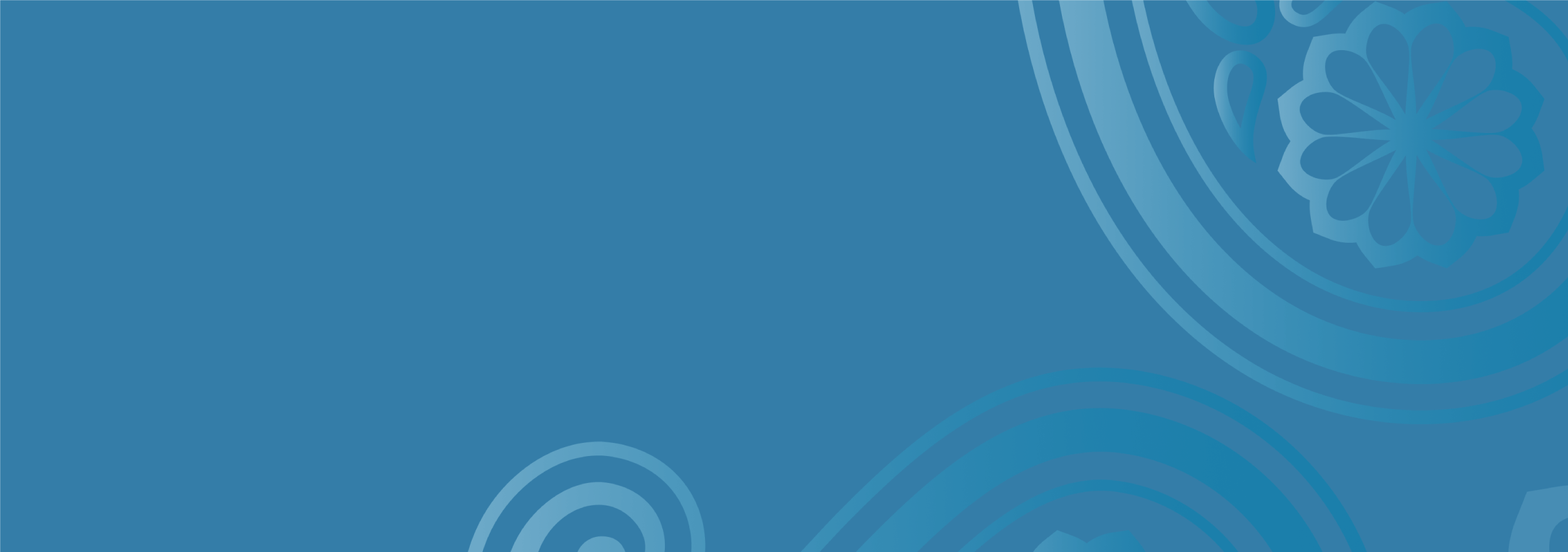Natural Ways To Manage ADHD Symptoms: A Comprehensive Guide

Table of Contents
Dietary Changes for Improved ADHD Focus
The Role of Nutrition in ADHD Management
The link between diet and ADHD symptoms is increasingly recognized. A balanced diet plays a crucial role in brain health and can significantly impact focus, attention, and impulsivity. Nourishing your body with the right nutrients is a vital step in managing ADHD naturally.
- Foods to Include: Prioritize foods rich in Omega-3 fatty acids (found in fatty fish like salmon, flaxseeds, and chia seeds), iron (lean meats, spinach, lentils), and whole grains (brown rice, quinoa, oats). These nutrients support brain function and cognitive performance.
- Foods to Limit: Minimize processed foods, sugary drinks, and artificial additives, as these can exacerbate ADHD symptoms by causing blood sugar fluctuations and impacting brain chemistry. Artificial colors and preservatives are often cited as potential contributors to hyperactivity.
- Elimination Diets: An elimination diet, where you systematically remove potential trigger foods to identify sensitivities, can be helpful in pinpointing specific dietary factors that worsen your ADHD symptoms. However, it's crucial to work with a healthcare professional or registered dietitian to manage this process safely and effectively.
- Regular Meal Timing: Maintaining regular meal times helps prevent blood sugar crashes, which can lead to irritability, difficulty concentrating, and increased impulsivity. Consistent blood sugar levels support stable brain function.
Supplements for ADHD Symptom Relief
Certain supplements may support cognitive function and reduce some ADHD symptoms, but it's crucial to remember that they are not a replacement for medical treatment. Always consult your doctor before starting any new supplement regimen.
- Magnesium: Known for its calming effects, magnesium can help reduce anxiety and improve sleep quality, both of which are often affected by ADHD.
- Zinc: Essential for brain development and function, zinc deficiency has been linked to ADHD symptoms.
- Vitamin D: Plays a critical role in brain health and mood regulation. Many individuals with ADHD have low vitamin D levels.
Important Considerations: Supplement quality varies significantly, so choose reputable brands. Be aware of potential side effects and interactions with medications. Remember that the FDA does not regulate supplements, so thorough research and physician consultation are vital.
Lifestyle Modifications for Better ADHD Management
The Power of Exercise and Physical Activity
Regular physical activity is a powerful tool in managing ADHD symptoms. Exercise improves focus, reduces impulsivity, and boosts mood. The benefits extend beyond physical health, impacting cognitive function and emotional well-being.
- Types of Exercise: Incorporate a variety of exercises, including cardio (running, swimming, cycling), strength training, and yoga. Find activities you enjoy to ensure consistent participation.
- Improved Sleep: Regular physical activity contributes to better sleep quality, further mitigating ADHD symptoms linked to sleep deprivation.
- Adherence: The key to success is finding enjoyable activities that fit your lifestyle.
Mindfulness and Meditation Techniques for ADHD
Mindfulness and meditation practices cultivate self-awareness, attention regulation, and emotional control—all crucial skills for managing ADHD. These techniques help train your brain to focus and stay present.
- Techniques: Explore guided meditation, mindfulness breathing exercises, and body scans. Numerous apps and online resources offer guided practices.
- Daily Incorporation: Even short daily mindfulness sessions can make a significant difference in managing impulsivity and improving focus.
- Resources: Utilize apps like Headspace or Calm to learn and practice various mindfulness techniques.
Improving Sleep Hygiene for Enhanced Focus
Sufficient, high-quality sleep is paramount for managing ADHD. Sleep deprivation exacerbates symptoms, leading to increased impulsivity, difficulty focusing, and mood swings.
- Sleep Hygiene Tips: Establish a regular sleep schedule, create a relaxing bedtime routine (avoid screens before bed), and limit caffeine and alcohol intake before sleep.
- Sleep Disorders: If you consistently struggle with sleep, consult a doctor to rule out any underlying sleep disorders.
Complementary Therapies for ADHD Symptom Reduction
Neurofeedback Training for ADHD
Neurofeedback is a type of biofeedback that helps individuals learn to self-regulate their brainwave activity. It may improve attention and focus by training the brain to function more efficiently.
- Process and Benefits: Neurofeedback involves sensors that monitor brainwave activity, providing real-time feedback to the individual. This allows them to learn to control their brainwaves and improve focus.
- Cost and Accessibility: Neurofeedback can be expensive, and its accessibility varies depending on location.
Cognitive Behavioral Therapy (CBT) for ADHD
Cognitive Behavioral Therapy (CBT) is a highly effective therapy for ADHD. It teaches strategies for managing impulsive behaviors and challenging negative thought patterns that can contribute to ADHD symptoms.
- Importance of Qualified Therapist: Finding a therapist experienced in treating ADHD using CBT is essential.
Other Complementary Therapies
Other complementary therapies, such as acupuncture or chiropractic care, may offer additional support for some individuals, but always consult with your healthcare provider before trying any new therapy. These should be considered adjuncts to, not replacements for, evidence-based treatments.
Conclusion
This comprehensive guide explored various natural ways to manage ADHD symptoms, emphasizing the importance of dietary changes, lifestyle modifications, and complementary therapies. Remember that a holistic approach, combining several strategies, often yields the best results. Addressing ADHD requires a multifaceted strategy, and these natural methods can significantly contribute to improved focus, emotional regulation, and overall well-being.
Call to Action: Start your journey towards improved ADHD management today! Explore these natural ways to manage ADHD symptoms and discover a healthier, more focused you. Consult with your doctor or a qualified healthcare professional to discuss which strategies are best suited to your individual needs. Remember that this information is for educational purposes only and does not constitute medical advice.

Featured Posts
-
 The Flys Alternate Ending Jeff Goldblums Justification
Apr 29, 2025
The Flys Alternate Ending Jeff Goldblums Justification
Apr 29, 2025 -
 Historic Flooding Tornadoes And Heavy Snow Slam Louisville In 2025
Apr 29, 2025
Historic Flooding Tornadoes And Heavy Snow Slam Louisville In 2025
Apr 29, 2025 -
 Stock Market Valuations Bof A Says Dont Worry Heres Why
Apr 29, 2025
Stock Market Valuations Bof A Says Dont Worry Heres Why
Apr 29, 2025 -
 Falling Retail Sales Signal Potential Bank Of Canada Rate Cuts
Apr 29, 2025
Falling Retail Sales Signal Potential Bank Of Canada Rate Cuts
Apr 29, 2025 -
 Blue Origin Cancels Launch Vehicle Subsystem Issue Delays Mission
Apr 29, 2025
Blue Origin Cancels Launch Vehicle Subsystem Issue Delays Mission
Apr 29, 2025
Latest Posts
-
 Federal Funding Cuts A Deep Dive Into Trump Countrys Struggle
Apr 30, 2025
Federal Funding Cuts A Deep Dive Into Trump Countrys Struggle
Apr 30, 2025 -
 Richmond Gun Case Man Sentenced For Endangering Child
Apr 30, 2025
Richmond Gun Case Man Sentenced For Endangering Child
Apr 30, 2025 -
 Man Sentenced After Hiding Gun From Child In Richmond
Apr 30, 2025
Man Sentenced After Hiding Gun From Child In Richmond
Apr 30, 2025 -
 How Federal Funding Cuts Affect Trump Countrys Economy
Apr 30, 2025
How Federal Funding Cuts Affect Trump Countrys Economy
Apr 30, 2025 -
 Destination Nebraska Act And The Future Of Gretnas Rod Yates Project
Apr 30, 2025
Destination Nebraska Act And The Future Of Gretnas Rod Yates Project
Apr 30, 2025
